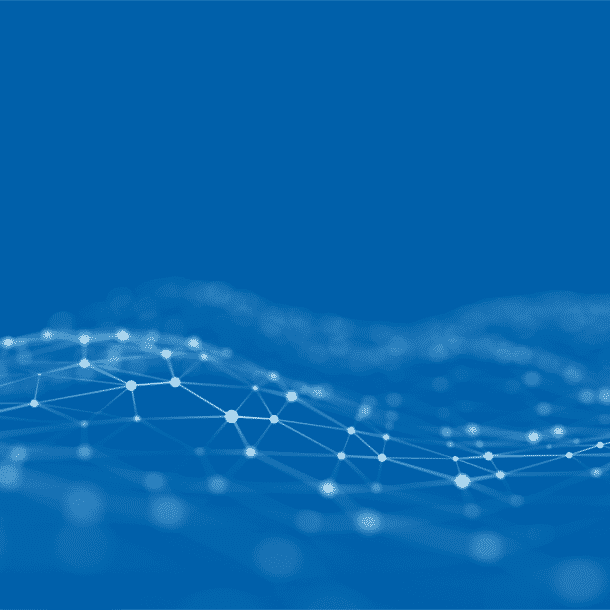
Internet and Data Privacy
The internet has saved our lives in numerous ways, but it has a mysterious side too. Your personal privacy has been lost completely and this leaves you at a high risk from security agencies, companies and shady individuals. However there are ways that can help you to edge your exposure.
When Tim Berners-Lee was designing the internet he was looking for a word that would describe the concept he had in his mind. Finally he settled on the noun “Web” and this is how www i.e. the World Wide Web got its name. To its creator, this noun seemed perfectly appropriate, as it illustrated the complex, organic linking of pages and sites. But the word “web” also has other allegorical, associations. Spiders generally weave a web to confine their prey. This indeed is the perfect metaphor that would describe where we ground with respect to network technology.
Imagine a massive global web that has trapped more than two billion flies. Unfortunately these creatures don’t even know that they are trapped. They are still roaming happily in the web. Some of them even envision that they could break out if they wish to.
We are those creatures. The only way of evasion from this quandary is to relinquish the world in the way that a Trappist monk had done once. As we very well know, we won’t do that, let’s face the reality. We are ensnared in a system in which everything we do is logged and monitored and our privacy is hacked. All that is done through modern communication equipment leaves a digital stalk. And this stalk is diligently followed by governments and their security services as much as by colossal corporations.
What’s astounding is that many people appear so carefree about this. Perhaps they are unaware of the scope and the depth of this inspection. Or is it some bizarre symptom of Stockholm syndrome- the peculiar situation in which the prisoners demonstrate optimistic feelings towards their jailer?
The biggest learning from Snowden leaks is that the capacity and size of the National Security Agency surveillance are way greater than anyone’s visualization. Many individuals had presumed that several non-encrypted communications were at risk and some contemplated that few encrypted communications like Skype had a secret backdoor for the NSA. People hardly realized that the entire range of encryption technologies like SSL, VPN, https and 4G encryption that were used to shield online transactions as well as everything that went through Facebook, Yahoo, Google and Microsoft have been cracked. This proves that none of the electronic communication that has been handled by professional organizations can be assumed to be secure. It is also alleged that around ninety percent of the communications that are routed through the Onion Router network are using encryption that is perhaps already hacked by the National Security Agency. What can be done if you feel uncomfortable of being trapped in this web? Frankly speaking there is no concrete solution: if you are going to use the landline, mobile, and the internet then you are definitely going to leave a trace. However there are ways to keep your tracks hard to follow and your communications less insecure.
Do consider the following 10 ideas:-
1. Make sure your web browser is Secured
You go online using your web browser; hence it is crucial that you take the necessary measures to secure it. The attackers take advantage of the minor loopholes in the browser and this is how they get hold of your personal data from your device.
2. Start Using a Virtual Private Network(VPN)
Virtual Private network changes your IP address and allots a new address based on your VPN connected server. Additionally it uses military grade encryption to shield your incoming and outgoing traffic. Thus it is the best way to protect your internet privacy.
3. Ensure your softwares are Up-to-Date
Make sure your browsers, operating system and other softwares like Java, Adobe Flash are updated, so that you don’t miss any security fixes or new features. You can always opt for automated tools to keep your software updated if manual updates bother you.
4. Activate Firewall and Install an Antivirus Program
You can keep unsafe internet data at bay if you take simple safety measures. A well built antivirus will keep your device free from different types of malware, be it Trojans, spywares or viruses. If you want to avoid unwanted traffic it is important that you activate your firewall.
5. Remove Cookies
Make it a ritual to delete cookies as they are utilized by advertisers, third parties and websites to track you online. It is always good to configure the browser to automatically delete cookies as soon as the browser session ends. However you can even delete them manually.
6. Opt Out of Personalized Tracking
Huge organizations like Google and Facebook give you a choice to switch off from some of their tracking and customized options. For instance, Google allows you to opt out from advertisement personalization. Similarly you can manage advertisement preferences on Facebook as well.
7. Shift to HTTPS to make secure online connections
While surfing on the internet, if you come across a website that is using Hyper Text Transfer Protocol i.e. http//, there are high chances that your personal data that is being exchanged with the website is most likely being monitored by the trackers or possibly seized and stolen by malicious attackers. These entities are commonly named as the “man-in-the-middle”.
Instead if the website uses Hyper Text Transfer Protocol Secure (HTTPS) or Secure Socket Layer (SSL), be assured that your online interaction with that website is encrypted. Always make it a point to check you have a HTTPS connection, whenever you are on any website, specifically all shopping sites. For maximum online security and privacy always opt for a Virtual Private Network service.
8. Resolve Threats when Backing Up to the Cloud
With the digital era, we are use to backing up our files and pictures on the cloud. This too has privacy issues. Almost anyone can seize your connection and view the content you are downloading or backing up from the cloud. To resolve this, it is highly recommended you use state of the art AES 256 bit encryption that will secure your net connection. This will ensure that your sensitive data which is uploaded or downloaded is secure.
9. Use Secured Online Communications
Various online communication interfaces are unsecure. Though multiple messaging applications do offer an end-to-end-encryption, security specialists suggest adding an encryption layer to all your online communications. Use secured email services and trustworthy chat services like Signal, Telegram etc.
10. Exchange Files securely
While you exchange files online, make sure they are password protected. This makes sure that only the anticipated recipient reads it.








